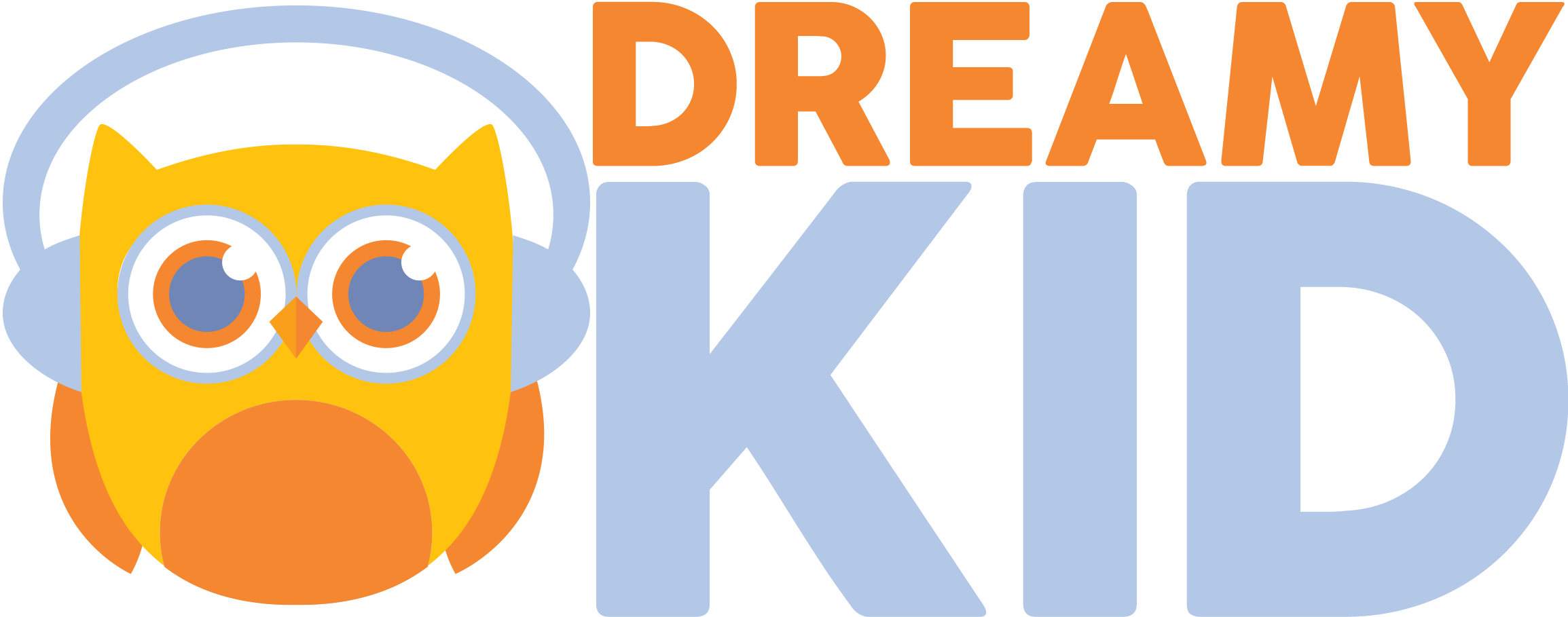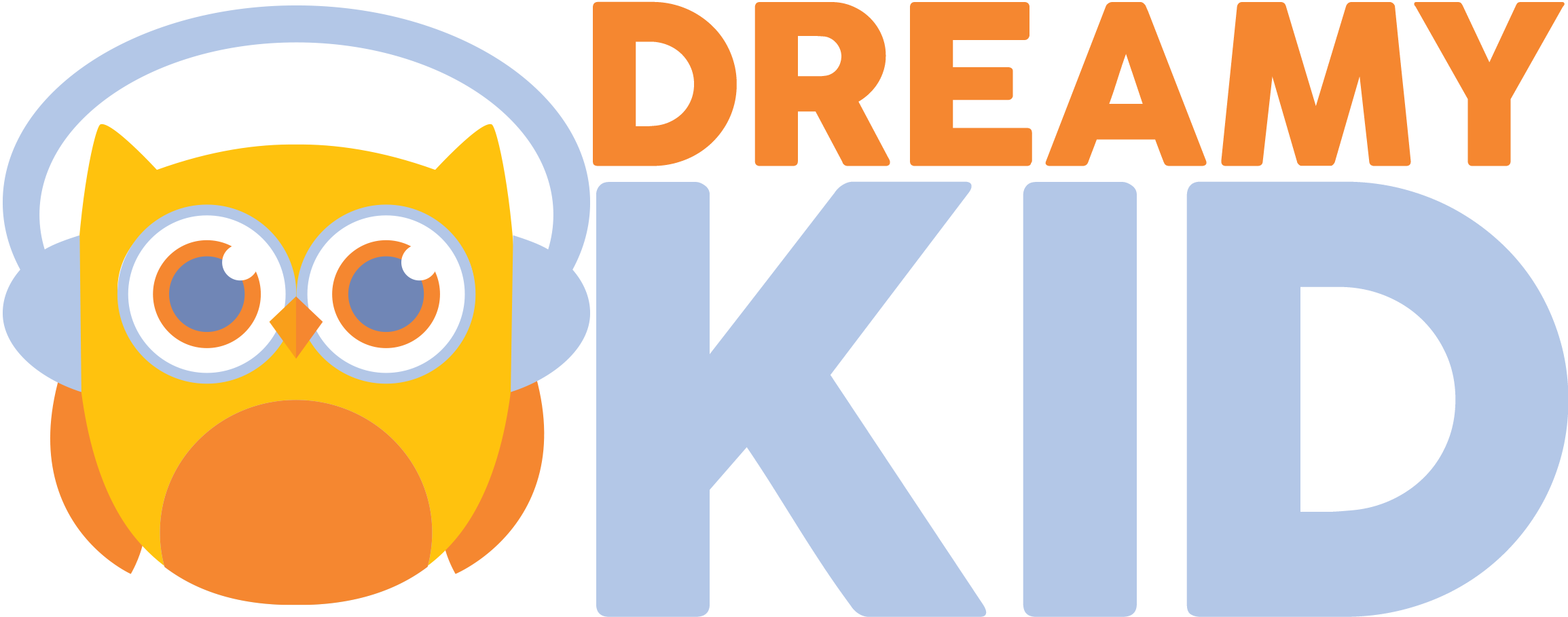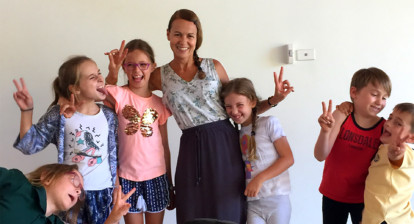We care about our children and want them to be healthy. The truth is it’s not always easy to introduce or maintain healthy eating habits in our busy lives when we are constantly bombarded with the unhealthy. Our western society today includes a lot of daily TV programming with an abundance of unhealthy food commercials, not enough exercise, insatiable fast food dining and not enough healthy family meals gathered around the dinner table.
However, the good news is that there are numerous ways to help your child or teen feel great about him or herself and lose those extra unwanted pounds without any quick weight loss schemes.
Weight loss starts in the mind and it goes hand and hand with how we view ourselves. Coupled with unhealthy eating habits, many children and teens already at this tender age, see themselves as unhealthy, not beautiful and many even call themselves downright fat. Those unhealthy projections create the energy for what becomes a self-fulfilling prophesy. As loving parents, we can help our children by educating them, and sometimes that even includes reeducating ourselves. Before even touching on the subject of food however, the power of words and thoughts needs to be clearly understood and skillfully used.
First, being by teaching your child about visualization. Visualization is holding an image of a desired result in the mind. When a child understands that mind is the builder of experience, he or she can begin to focus energies upon what is desired rather than what one believes is true or inevitable. Let’s say for example that every day you look at yourself in the mirror and you say “look how fat I am!” What happens over time, because of your constant visualization and the power of your very own words and thoughts, what you believe long enough will eventually manifest itself. Little by little the scale will creep up. For you, it will just be confirmation of what you thought you saw in the mirror. Now the scale says it too, so it must be true. Do you see the never-ending cycle here? It is self created and self propelled. This is not to say that food choices do not matter. But feeling fat and getting there are usually traveling partners accompanied by unhealthy food choices.
Use the power of visualization for good. Use it to create your ideal body and help your child or teen do the same. Sometimes it can be difficult for a child to imagine what she will look like thinner. If this is the case, just ask her to just imagine if she were just a bit thinner or healthier and see if that is more helpful. Ask her to imagine how she will physically feel when it is easy to run up and down stairs or do anything that seems difficult at present due to extra weight. Close your eyes together and engage your child every day in a creative daydream. It’s a fun activity. It will bring you closer and help your child feel your support and loving encouragement.
Even when you’re not visualizing together, ask your child or teen to picture her goal each and every day, several times a day even, and make it as real as possible. Ask her to feel herself walking, playing, and moving inside her new, ideal body; continually imagining how she is more slender and healthier as she moves closer and closer to her goal.
Sadly, overweight children are often the victim of bullying. In fact, overweight children and those considered obese are bullied far more than other children. Chances are, your child will have felt the effects of bullying at some point. This is a big concern to parents and we want to help our children be healthy, safe and not be victims. Your child may feel embarrassed about any bullying she has received, but it’s important to openly discuss the issue. If you are reluctant to speak about the issue of weight loss, guide the conversation in such a way that your child will have the opportunity to openly express her opinions and feelings. Many children come to us pleading for answers. They already know a change is needed, they are just not sure how to begin. Remember that weight loss will be a natural, easy consequence of sustained healthy eating and lifestyle choices. Weight loss should not be the only or primary goal. If weight loss is the only goal, then the new improved lifestyle may not last because once the weight is gone, old patterns will resurface and the weight will most likely be regained. We want to ensure permanent change for the better, and get to the fundamentals rather than just temporarily easing the symptom of extra pounds.
Relaxation should be coupled with the daily visualizations to heighten the inner experience and bring it closer to home. Relaxation allows us to fully focus our attention on the images and to imagine more easily. This can be done by quieting the mind and body before visualizing or using a guided relaxation Cd.
Affirmations are another excellent tool to teach and support children and teens while they are losing weight and getting healthier. Affirmations such as “I make healthy food choices” “I am beautiful” ” I am getting healthier each day.” “I am at peace with my body” “I take care of my body” and “I love to move my body and play” are all excellent affirmations. Affirmations are always positive in nature and should be truths. If a child doesn’t feel beautiful, then help her say “I am beginning to feel prettier each day.” Ideally, affirmations should be used several times a day and repeating them in the mirror is very helpful.
Next you will need to root out any misguided behaviors like comfort eating. Some overeating issues stem from “comfort eating”. Physiologically, we do know that certain foods have specific effects on our bodies – chocolate for example soothes the nerves and it increases endorphins in the brain – therefore reducing stress in the body, and making us feel happier. When endorphins later decrease, we reach for more. It’s important your child know the difference between real bodily hunger and eating out of comfort. It’s important then to address any emotional issues and stressors in your child’s life and use stress management and relaxation techniques with your children.
Sometimes children learn from our own coping behaviors, and sometimes they learn these things on their own. If you feel your child may be eating to comfort herself, then take extra time to talk it out and let your child know that you are available and ready to talk whenever needed. Help your child discover the joy and relief of sincerely sharing what’s on their heart with someone who truly cares about her. Additionally teach relaxation techniques along with stress and anger management to help your child thrive and not reach for food out of comfort or stress relief.
Finally, be the healthiest family you can be and support your child in making healthy choices. Make sure to acknowledge those healthy choices and how proud you are of your child. Make yourself an example as well by eating healthy foods that taste delicious and are good for you, at home, eating out, and at the store. Make your meals revolve around healthy fruits and vegetables and use everything else as a condiment. If something in particular is giving your child or teen difficulty, just don’t buy it. If it’s not in the house, it’s harder to get. Grab some healthy cookbooks from the library and learn to prepare food together and have fun sharing this new adventure. Most importantly, remember that healthy eating must be enjoyable to be sustainable. As you retrain your family’s palate to natural foods, infuse love and joy into the process. Make it fun to make educated choices. Ask your child to feel the energy brought by better nutrients and how much more energy the body has available. Healthy eating will affect your child not only physically, but emotionally and psychologically as well. You will start to notice drastic positive changes just within in a few short weeks. As parents, we should feel that our job educating our children about nutrition ends when the healthy choices become the usual and less healthy choices are the exception. So let’s start today enjoying good nutritional food. Here’s to our family’s health. Bon Appetite!
Mellisa Dormoy is the founder of ShambalaKids Relaxation CD’s for kids and teens. Mellisa specializes in guided imagery and children and teen’s self-esteem.
You can find more information about Mellisa and her work, including more articles and resources at http://www.kidsmeditationcds.net/healthseries.htm



